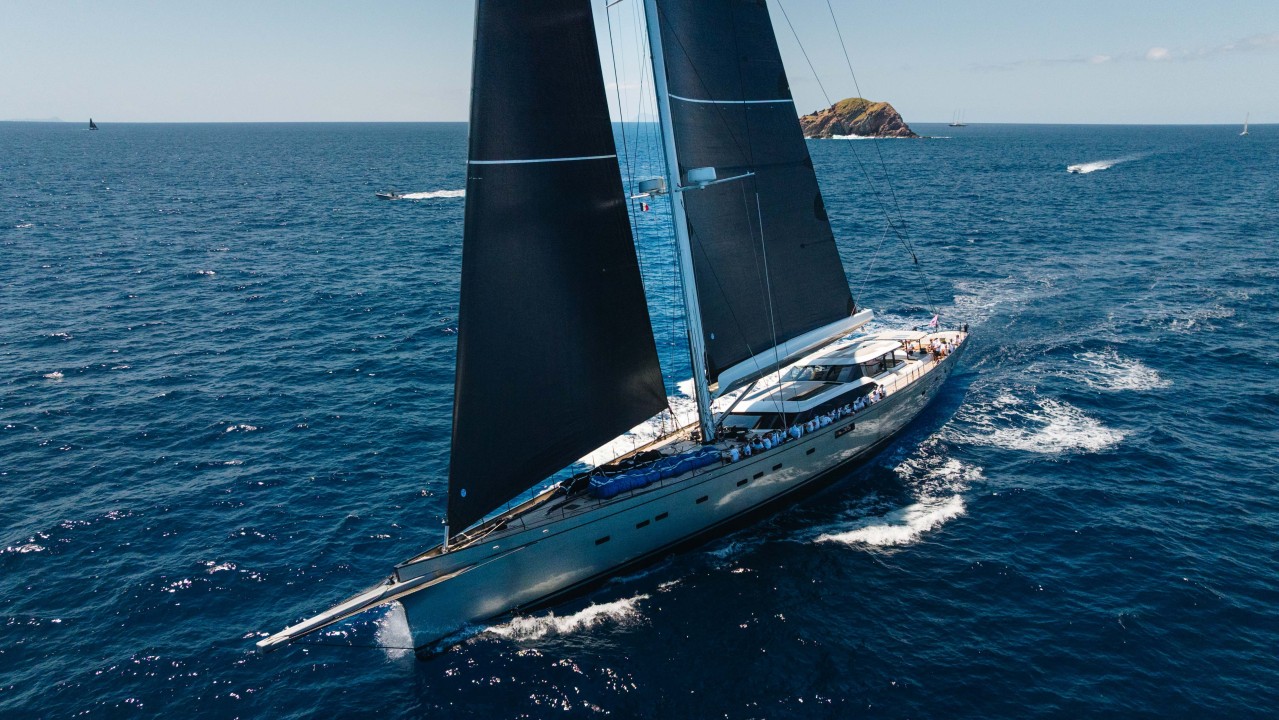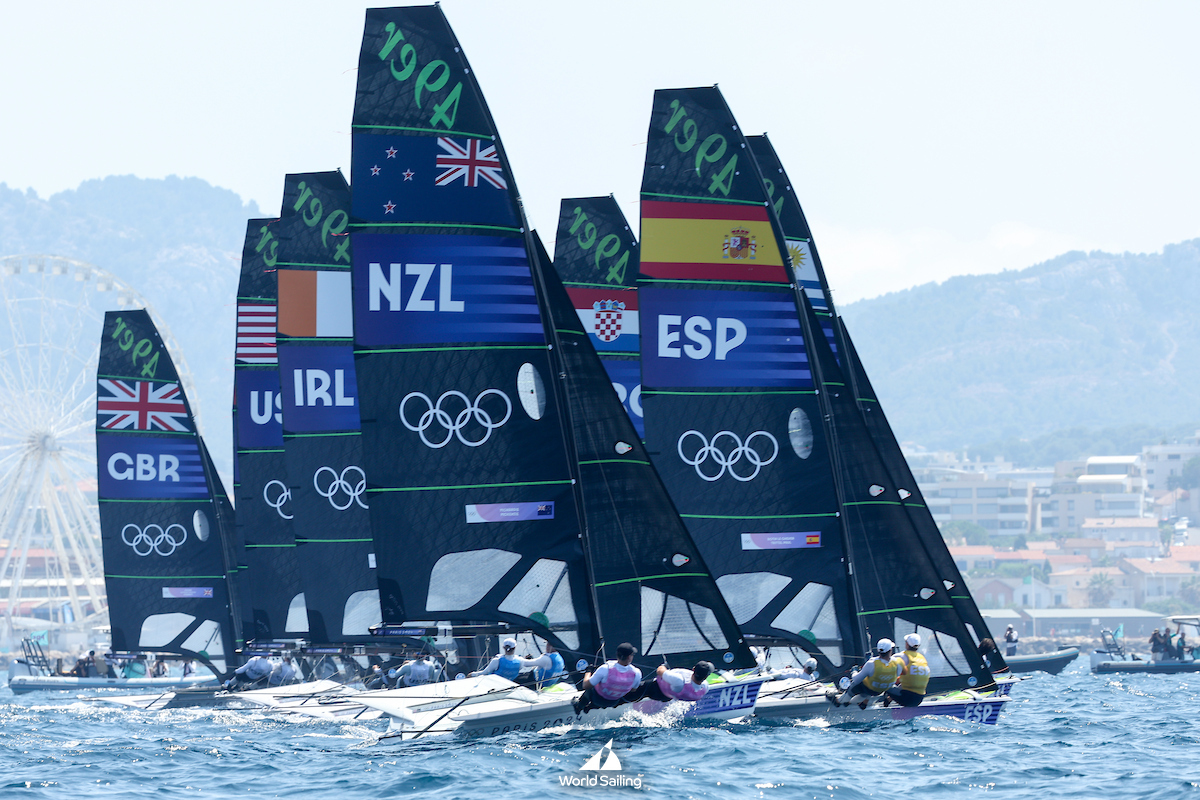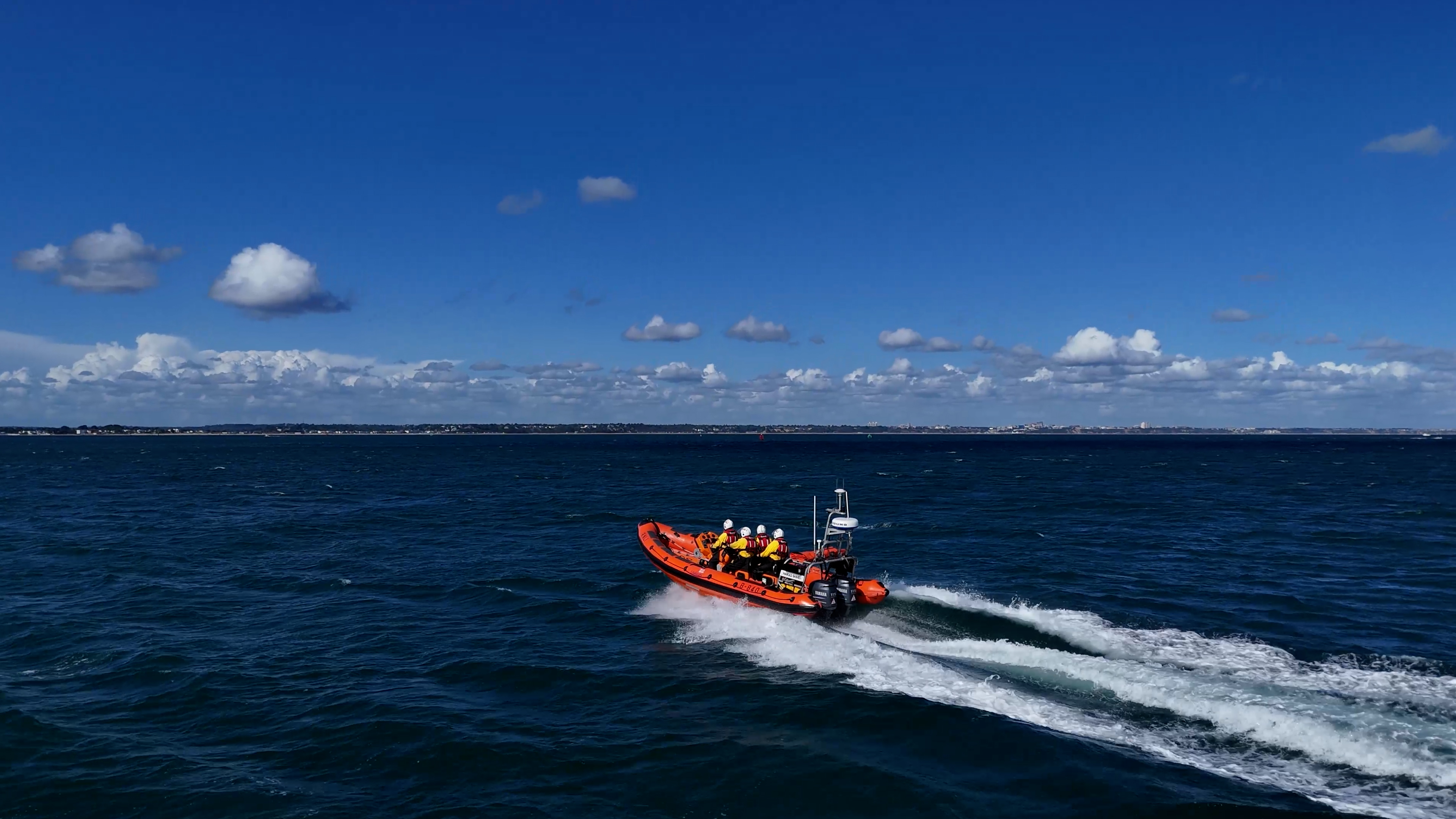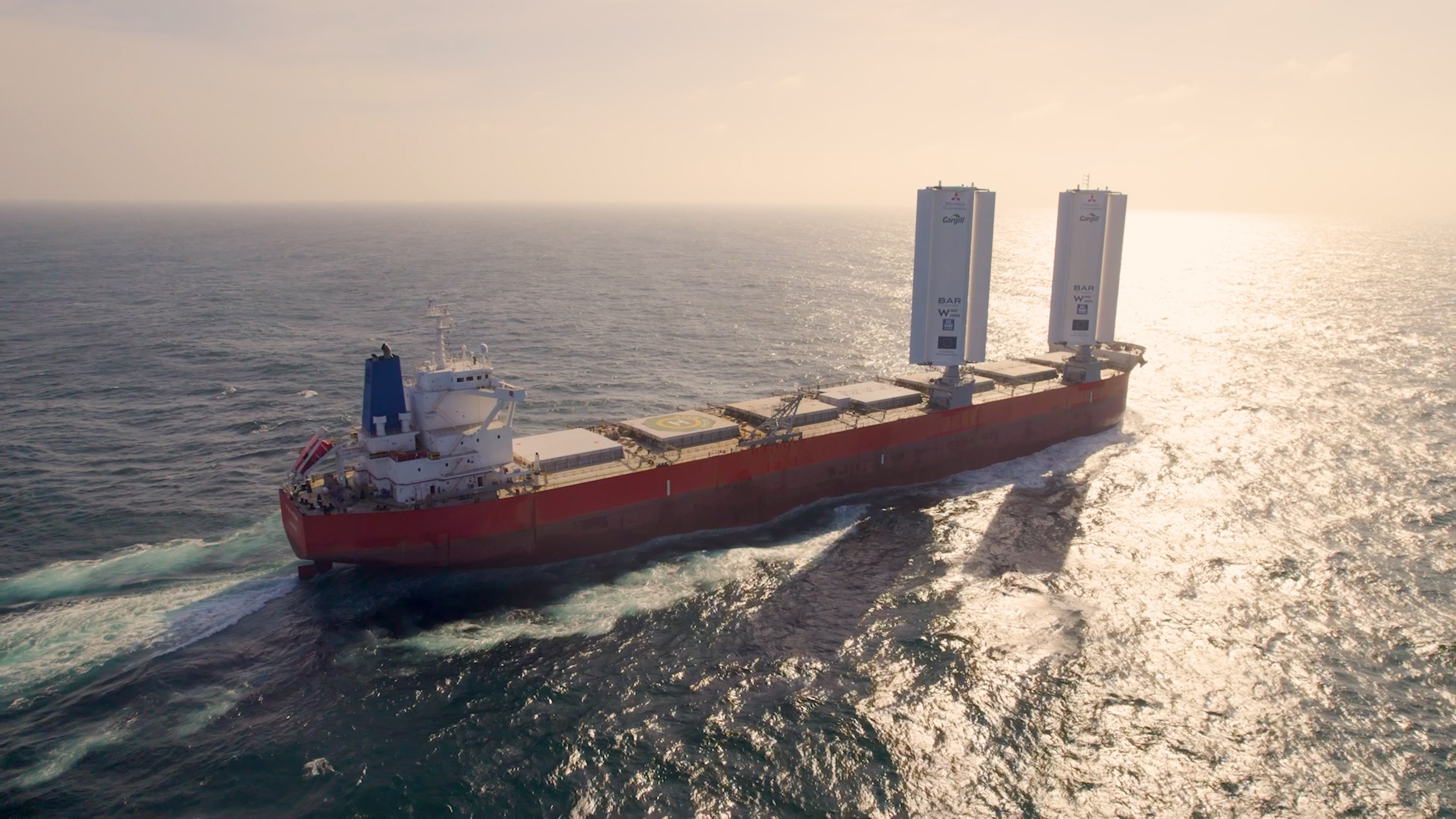Background
North Sails has always been driven by performance. Since 1957, they’ve built sails that win races, cross oceans, and endure the harshest conditions on Earth. With products trusted in the world’s most remote and pristine environments, the brand has always had a deep-rooted respect for nature and a growing responsibility to protect it.
But when it came to measuring their environmental impact, the picture was less clear. Like many manufacturers, they initially relied on instinct. Experience guided decisions, but assumptions alone couldn’t deliver the clarity, confidence, or direction they needed to lead with purpose.
That changed in 2020, when North Sails joined the pilot programme for MarineShift360 , a Life Cycle Assessment (LCA) platform built specifically for the marine industry. It gave their team the tools to test materials, model impacts, and ground their decisions in real data. What followed wasn’t just a shift in sustainability but a shift in mindset.
The Approach
MarineShift360 became the compass guiding North Sails toward the highest‑impact changes, converting instinct into evidence.
North Sails began with a fully ISO-certified LCA study of a standard mainsail. The process covered 60-80 components and materials, using the same load case but comparing a variety of sailcloths.
MarineShift360’s platform allowed their team to model emissions, recyclability, toxicity, and other key indicators across the entire lifecycle, from raw material extraction to end-of-life.
This data-led approach revealed insights they hadn’t expected. While many assumed raw materials would dominate the footprint, the study showed that electricity consumption in manufacturing was a far bigger contributor.
That insight led to a full energy audit of North Sails’ primary factory and a major investment in solar power.
Beyond single product assessments, North Sails now uses MarineShift360 on a weekly basis to run sensitivity studies across their product range. They model how switching fibres, resins, or packaging impacts environmental performance, and whether the change is scalable across their high-volume lines.
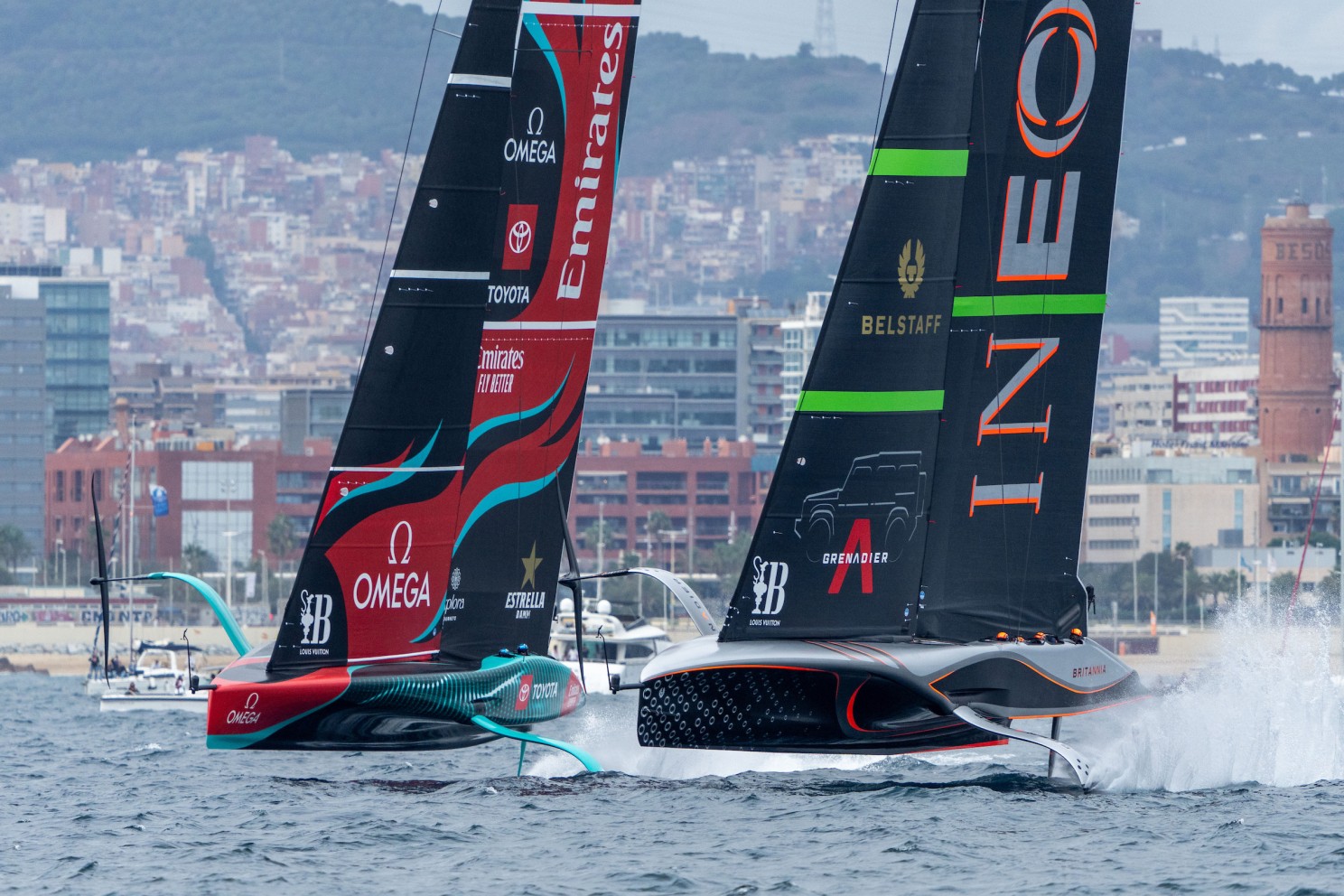
The Results
The LCA findings directly informed North Sails’ solar energy investment, expected to cut annual emissions by 678,000 kgCO₂e.
It also sparked dozens of smaller wins:
- Single‑use plastics removed from sea‑freight packaging for the One Design line
- New comparative studies of sailcloths to inform lower‑impact design
- Early‑stage adoption of recycled and circular materials across key product lines
Crucially, this work underpinned the development of North Sails’ award‑winning NPL RENEW sailcloth, which won its category at the 2024 DAME Awards.
MarineShift360 provided the comparative data that helped identify hotspots and guide the innovation process.
Beyond the Numbers
What began as a sustainability project is now a catalyst for cross-functional change, bringing together teams from procurement, design, production, shipping, and executive leadership.
LCA is now used to validate any new sustainability theory, turning ambition into measurable, credible strategy.
“Sometimes the biggest impact comes from things customers never see,” said Matt Savage, Commercial Group Manager at North Sails. “Cleaning up manufacturing might not make headlines, but it’s how we’ve driven 20% reductions and secured capital investment for things like solar. The data gives us leverage.”
It has also changed how the business views trade-offs.
While carbon fibre grabs headlines, it accounts for less than 5% of sail production. MarineShift360 helps North Sails identify high-volume materials where small improvements can lead to major emissions reductions. In cruising and recreational lines, for example, switching to recycled polyester has proven effective with negligible performance impact.
“With MarineShift360 as our guide, we can quantify our decisions, focus on the areas with the biggest return, and justify investment, not just for sustainability, but for the business,” said Jonathan Macbeth, Sustainability Manager at North Sails.
What This Means for the Industry
North Sails is just getting started.
The next frontier is circularity. From raw material sourcing and transportation to design and end-of-life, every decision needs to be measurable. MarineShift360 will play a central role in enabling this shift, providing the data that turns vision into action.
Their message to others in the marine industry is simple: you can’t change what you haven’t measured.
“The gut feel stuff doesn’t hold up anymore,” said Matt Savage. “You need clarity. If you want to change your impact, you need to start with the numbers.”
North Sails’ approach is already influencing conversations beyond sailmaking. As the outdoor industry, marine sector, and performance apparel brands look to decarbonise, the company’s work with LCA stands as a blueprint for how technical innovation and sustainability can go hand in hand.
Explore what LCA can do for your business
Want to explore how LCA can help your business cut emissions, unlock innovation, save money and build better products?
Book a demo with Lizzy Howard at MarineShift360 or get in touch to find out more.
lizzy.howard@marine-futures.com
